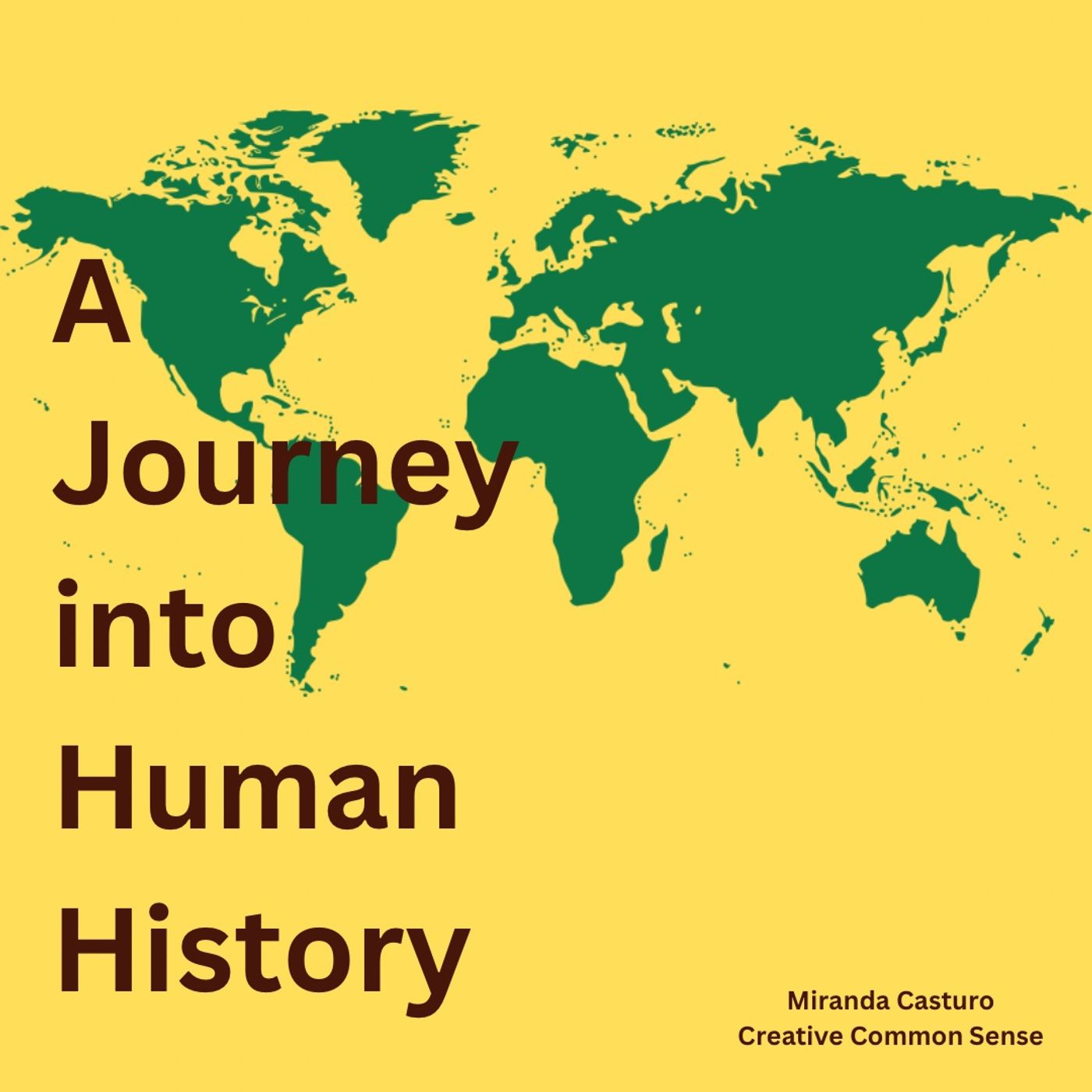Song China and the Steppe Peoples
Description
The Song dynasty revived and strengthened Confucian civilization in the areas it ruled. Technology improved agricultural yields and laid the groundwork for a type of industrial revolution to occur long before the one that took place in the Western world. The emphasis on Confucius’s pacifist vision led to a neglect of the military, however, at a time when China’s neighbors were becoming more organized and powerful. The Khitan, Xia, and Jurchen all adopted elements of Chinese civilization but did not lose their appetite for raiding and war. Once the Jurchen Jin dynasty displaced the Liao, it realized the weaknesses of the Song and reduced it to an even smaller slice of China’s traditional territory.
Meanwhile, in Mongolia, Temujin used military innovations to gain control of increasing numbers of commoners at the eastern end of the Eurasian Steppe, building a force loyal and powerful enough to bring about his vision of a better life for his people. By 1204, Temujin was the unchallenged ruler of the People of the Felt Walls.
All images referenced in this podcast can be found at https://openstax.org/books/world-history-volume-1/pages/14-1-song-china-and-the-steppe-peoples
Welcome to A Journey into Human History.
This podcast will attempt to tell the whole human story.
The content contained in this podcast was produced by OpenStax and is licensed under a Creative Commons Attribution License.
Access for free at https://openstax.org/books/world-history-volume-1/pages/1-introduction
Podcast produced by Miranda Casturo as a Creative Common Sense production.
More Episodes
Over the course of the eighteenth century, a series of famines and economic crises deepened wealth inequality and narrowed access to political power on both sides of the Atlantic. As the growing influence of the public sphere and Enlightenment ideas of equality and liberty shaped opposition to...
Published 12/25/23
Published 12/25/23
Over the course of the seventeenth and eighteenth centuries, the public sphere became an increasingly important component in the spread and development of Enlightenment ideas. As networks of informal socialization and intellectual exchange, coffeehouses provided a setting in which people from all...
Published 12/22/23


